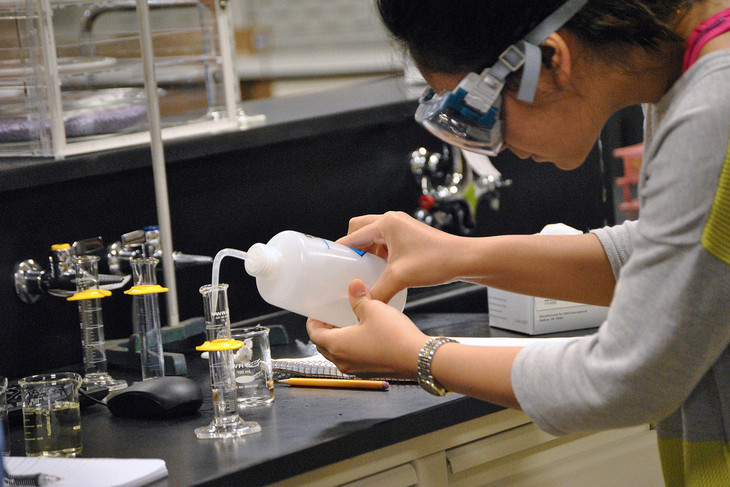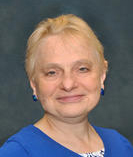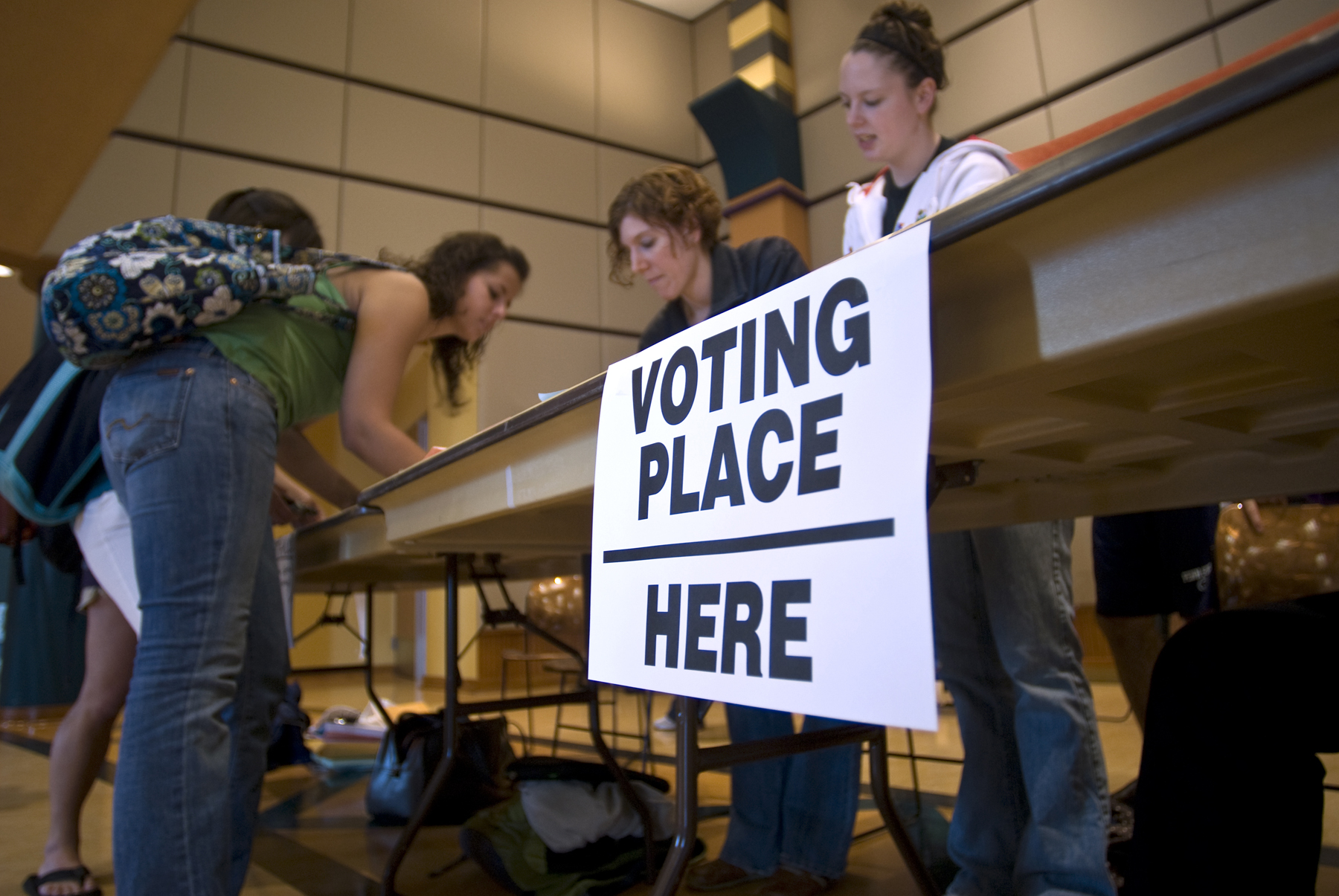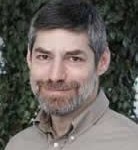
Image credit: Penn State Harrisburg
HARRISBURG, Pa. — The president of the United States can have a profound impact on funding for scientific research. Susannah Gal, associate dean for research and outreach at Penn State Harrisburg, knows this from her years as program officer for the National Science Foundation, where she walked past a portrait of the president every day.

Susannah Gal
Her role there included evaluating the merit of requested grants with the help of panels of scientific experts. Other federal scientific bodies, such as the National Institutes for Health, are also charged with evaluating hundreds or thousands of grant requests, many from academic institutions. While the president and Congress might not weigh in on individual grant requests, they can dramatically affect the priorities for handing out money.
“Presidents have power over the direction of scientific research on a very large scale,” Gal said, “which is an important factor for voters to consider when making their choices for elected officials.” Scientific pursuits that could be deeply affected by this year’s presidential choice include research into climate change, clean energy, biodiversity, the environment, mental health, opioid addiction, nuclear power, and space, she said.
Gal has examined past presidential initiatives that have translated into scientific priorities. Many illustrate the impact that a president has on the direction of research.
In 2001, the president imposed a ban on publicly funded stem cell research over the concerns of pro-life activists. In 2009, the current administration reinstated federally funded stem cell research. “This complete reversal of direction, based on the values of the president, is one of the more dramatic examples of the extent to which a change in administration can have a profound effect on science research,” Gal said.
Administrative emphasis on defense strategies have also weighed heavily on scientific research support, Gal said. In 1940, prewar concerns spurred President Franklin Delano Roosevelt to create the National Defense Research Committee. More than 40 years later, President Ronald Reagan launched his Strategic Defensive Initiative, dubbed “Star Wars,” to develop an anti-ballistic missile defense system. According to the Fiscal Times, more than $100 billion has been spent on this and related research to achieve the goal described by Reagan as “eliminating the threat posed by strategic nuclear missiles.”
More recently, the Obama administration announced the Brain Research through Advancing Innovative Neurotechnologies (BRAIN) collaborative, a public-private research initiative, to better understand brain functions. This effort reflects the increased interest by the administration in dealing with such public health crises as Alzheimer’s disease and autism.
“It is not completely clear how each of our current presidential candidates might affect the research agenda,” Gal said, noting that several organizations are attempting to better gauge where the candidates stand on science-related issues.
Scientific American recently showcased the answers of the four presidential candidates to 20 questions devised by a group of scientific institutions representing more than ten million scientists and engineers. The questions were facilitated by the nonprofit ScienceDebate.org and covered such topics as innovation, research, climate change, biodiversity, space exploration, energy, and public health. The findings are here.
One of the questions involved the importance of literacy in the STEM disciplines — science, technology, engineering and math. “This is exceedingly important for our schools and for higher education institutions like Penn State Harrisburg because we provide the pipeline for qualified engineers, scientists, teachers and others,” Gal said. “A focus on STEM also helps to maintain the broader conversation and understanding of the role of science in our lives.
“History has clearly shown that political issues and the priorities of each presidential administration affect the direction of scientific research and the resources to support it,” Gal said. “I think voters should consider this information during their deliberations prior to Nov. 8.”





